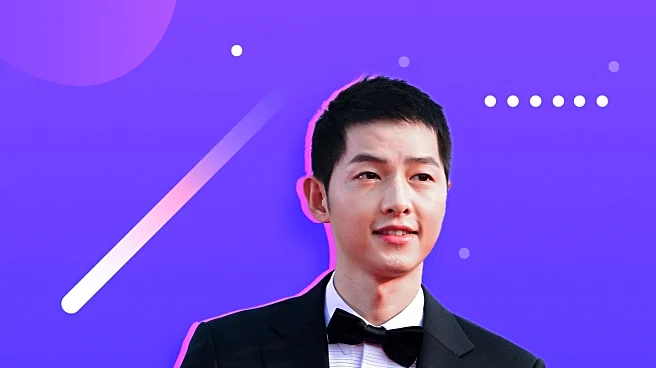What's Happening?
During a military parade in Beijing, Chinese President Xi Jinping and Russian President Vladimir Putin engaged in a discussion about the potential of organ transplants to extend human lifespan. The conversation, which included light-hearted banter, touched on the idea of repeatedly transplanting human organs to stave off old age indefinitely, with a prediction that living to 150 might become possible this century. While organ transplants have saved over 100,000 lives in the UK in the last 30 years, the procedure involves significant risks, including the lifelong use of immunosuppressive drugs to prevent organ rejection. Scientists are exploring genetically-altered pig organs and stem cell technology to create rejection-free organs, although these methods remain experimental.
Why It's Important?
The discussion between Xi and Putin highlights the growing interest in extending human lifespan through medical advancements. While current organ transplant technology focuses on treating ill health rather than achieving immortality, the exploration of genetically-altered pig organs and stem cell technology represents significant scientific progress. These advancements could potentially lead to personalized transplants and improved organ compatibility, reducing the risks associated with traditional transplants. The conversation also underscores the ethical and practical challenges of pursuing longevity, including the impact of repeated surgeries and the use of immunosuppressive drugs.
Beyond the Headlines
The pursuit of extended human lifespan raises ethical questions about the implications of immortality and the societal impact of significantly longer lifespans. The potential for personalized transplants using stem cells could revolutionize healthcare, offering tailored treatments for individuals with specific medical needs. However, the experimental nature of these technologies means that widespread application is still a distant prospect, requiring further research and development. The conversation between Xi and Putin reflects broader cultural and scientific interest in the possibilities of human longevity.









